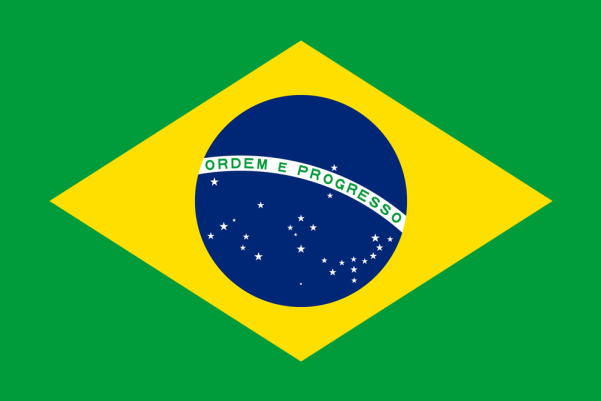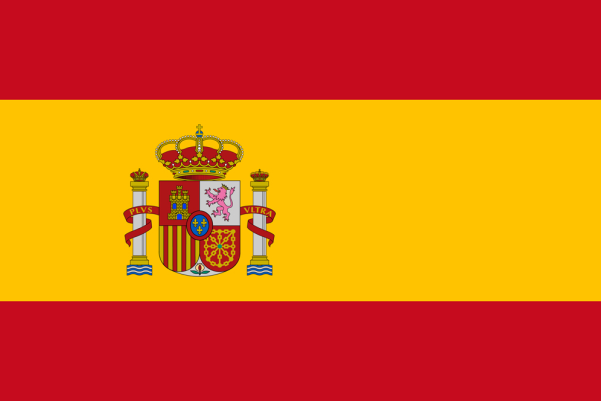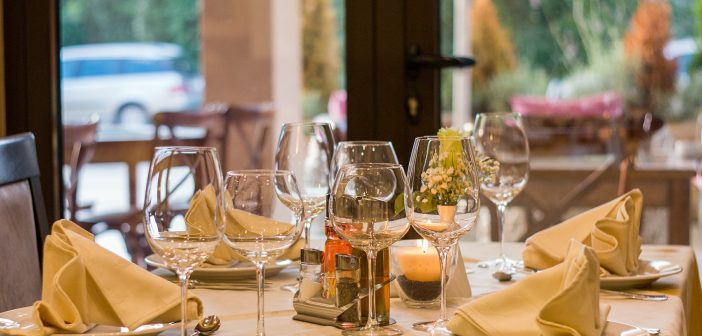Good planning is essential for an event to be successful. It’s during this stage that the whole structure for the event is put in place.
- Venue selection
Define the objective of the event, the ideal number of participants and the format; search for places that are suitable. The trick is to choose a location with easy access for guests, which offers on-site or nearby parking.
- Choice of suppliers
Suppliers need to guarantee the quality of their products and services, plus their ability to deliver on time. Choose who will do the catering, for example.
- Rental of equipment
Make a list of the necessary equipment (e.g. screens, sound system, microphone etc.) and search for specialised suppliers that can help out on the day of your event.
- Transportation of guests
For large events like congresses and conventions held in more remote locations, don’t forget to think of transportation for guests. Look for companies that rent vans or buses.
- Creation of promotional material
You can opt for printed or digital material to promote your event, but the important thing is to shortlist a decent selection of suppliers that are able to provide creative and attractive solutions. The tip is review all materials and approve them personally so that there are no last-minute surprises, such as misspellings or the use of low quality images.
- Weather conditions
If the event is outdoors, you must have a second option (Plan B) to move everything to a covered area should it rain. You can also make raincoats and umbrellas available. The opposite conditions also need to be taken into consideration. A spot without shade, under a 35-degree sun, can be very unpleasant. So make sure there are covered spots, and have umbrellas, hats and caps on hand.
- Flow of people
Ease of access for guests is an important issue. The flow must be free and allow for comings and goings without major problems. If waiting is required, provide tables and chairs for people to sit at.
- Support service
Large events should have medical support available in the event of an emergency. It is straightforward to hire such a service and usually includes an ambulance and qualified professionals.
- Hiring security
Having a team of security professionals, regardless of the size of the event, is critical. Hiring a third-party supplier and orientating them with regards to policing the event is the responsibility of the organising company.
- Mounting process
This is the most important step in terms of logistics, because everything must be ready before anybody arrives.
- Dismantling
The entire structure will need to be dismantled at the end of the event, with the equipment returned and the site checked. Have a final check to see if everything stipulated in the contract was adhered to
- Team integration
An engaged and aligned team in relation to the overall objectives of the event is an essential ingredient for success.


















